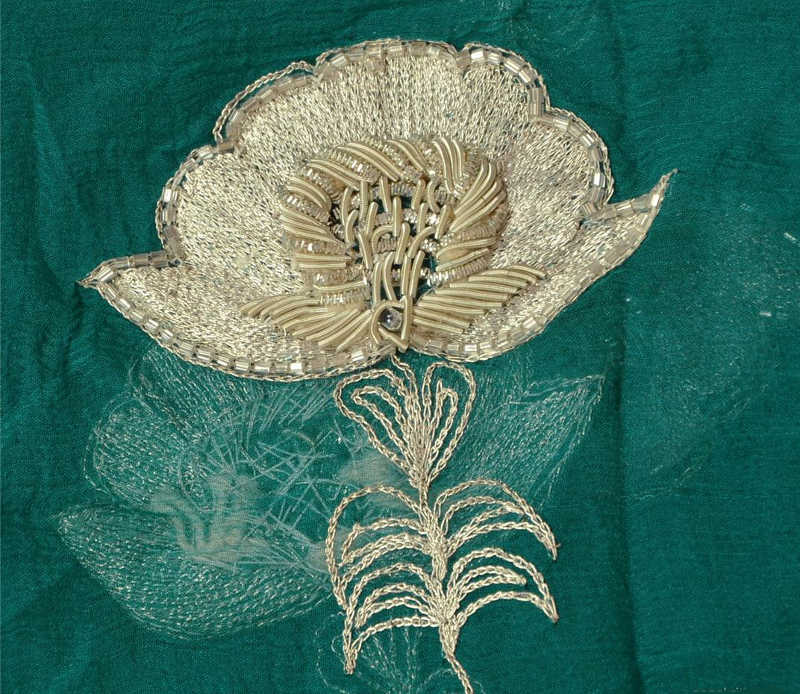===
0485,
1
===

=== |
 |
numāʾish : 'Appearance; face, form, figure; —vision, sight; —a semblance; a show (of), display; —affectation; show, spectacle; —pomp'. (Platts p.1153).
sarāb : 'The mirage, a vapour resembling the sea at a distance (formed by the rays of the sun or moonlight on a sandy plain); glare'. (Platts p.650)
FWP:
SETS
MOTIFS
NAMES
TERMS == OPENING-VERSE; REFRAINI enjoy this very famous little ghazal so much that I've presented the whole of it, including the many verses that SRF omitted. It's also an excellent one for beginners to look at, in order to see the shape of a whole ghazal. Also for the sake of beginners, I've made my own commentary especially comprehensive. For this ghazal, SRF comments only on the present verse, {485,3}, and {485,9}.
This ghazal has an unusually long but 'flowing' refrain, in an unusually short meter. In fact fully half the line-- five out of ten syllables-- is taken up by the rhyming elements. The effect is wonderfully swingy.
And since this is an opening-verse, both lines have to work within such constraints. Yet they don't feel constrained at all, they feel obvious and inevitable. For economy of means and potency of effects, this verse is in a class by itself.
To add one more layer to the complexity created in such a tiny space, it's also not clear what yih numāʾish is. It might be 'our existence', but it might equally well be something else (see the definition above). The visible world? The world of (unreliable?) sense-impressions in general? Our mental world? Our follies and delusions? There's no lack of candidates. As usual, we're invited (and compelled) to decide the question for ourselves-- and perhaps to decide it afresh, every time we read the verse.
Compare Ghalib's use of mirages: G{16,4}.
Note for grammar fans: The apnī applies to the subject of the sentence-- which is never specified anywhere in the verse. The obvious guess is 'our' or 'my', because we know that the speaker of the verse must exist, whereas the verse gives no hint about the existence of any other party. Of the two choices 'our' is a better guess because it opens out more possibilities: it could apply either to the speaker himself (colloquially using the plural pronoun), or to some larger group (all lovers? all humans?).